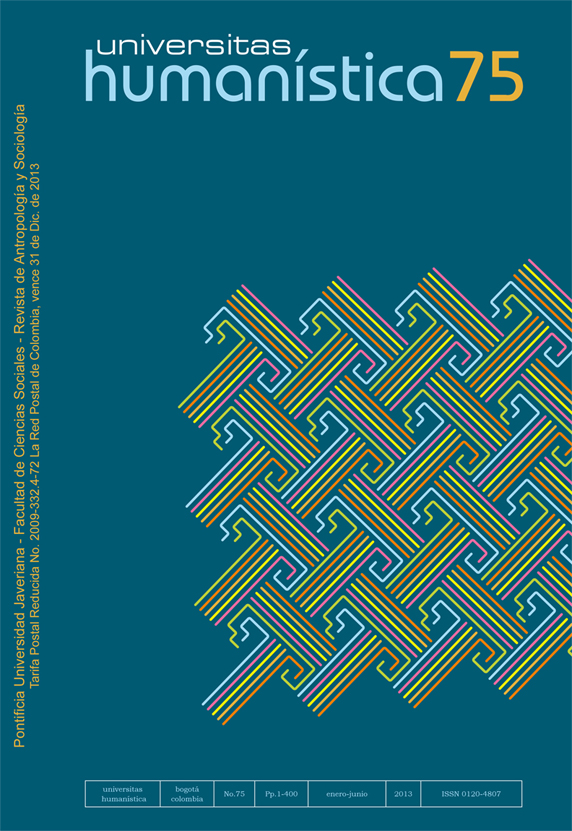Abstract
This research studies the processes of community natural resources management, agrosilvopastoral and fishery, since the agrarian communalism is presented as a central issue in the contemporary agrarian world with implications for the biocultural heritage management, more in line with socio-economic approaches of the 21st century. Thus, from a qualitative methodology, the advances of the first research offer a vision of communal management of goods: land, pastures, livestock, water, fisheries and ecotourism. The experiments studied in Sierra de Santa Marta of Veracruz in Mexico, through the caseanalysis Project Sierra de Santa Marta, PSSM, show how, starting from an “ecology of knowledge (Santos, 2009), the resources of the jungle have allowed different peasant and/or indigenous communities to survive, avoiding, largely, to resort to emigration. From the theoretical positioning of this work, it would no longer be an alternative development model, but an alternative to development or a post-development
This journal provides immediate open access to its content on the principle that making research freely available to the public, encourages greater global exchange of knowledge.
The journal Universitas Humanística is registered under a Creative Commons Attribution 4.0 International Public License. Thus, this work may be reproduced, distributed, and publicly shared in digital format, as long as the names of the authors and Pontificia Universidad Javeriana are acknowledged. Others are allowed to quote, adapt, transform, auto-archive, republish, and create based on this material, for any purpose (even commercial ones), provided the authorship is duly acknowledged, a link to the original work is provided, and it is specified if changes have been made. Pontificia Universidad Javeriana does not hold the rights of published works and the authors are solely responsible for the contents of their works; they keep the moral, intellectual, privacy, and publicity rights.
Approving the intervention of the work (review, copy-editing, translation, layout) and the following outreach, are granted through an use license and not through an assignment of rights. This means the journal and Pontificia Universidad Javeriana cannot be held responsible for any ethical malpractice by the authors. As a consequence of the protection granted by the use license, the journal is not required to publish recantations or modify information already published, unless the errata stems from the editorial management process. Publishing contents in this journal does not generate royalties for contributors.


